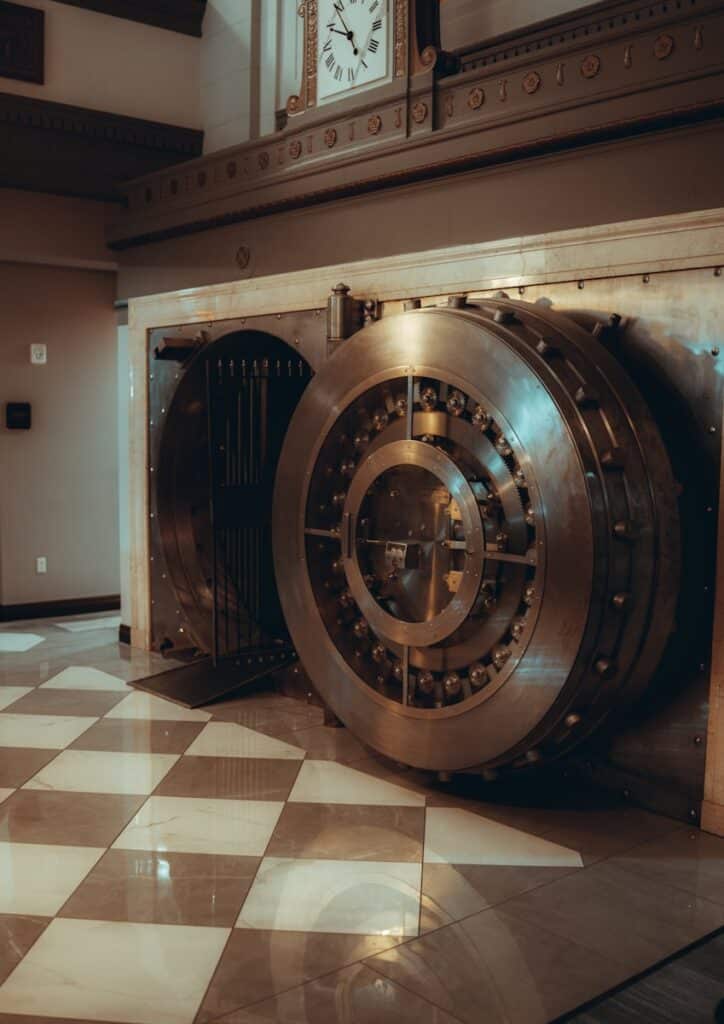Lawyer - Judicial safeguard
Make an appointmentSafeguard is a protective measure under French law for companies in difficulty. It makes it possible to anticipate the worsening of an irremediably compromised financial situation, without waiting for payments to cease. This collective procedure, provided for in the Commercial Code, organises a supervised procedure before the Commercial Court to preserve the economic activity of a legal entity or individual entrepreneur.
Our firm, Solent Avocats, is a member of the Marseille Bar and specialises in commercial law, banking law, private law and insolvency litigation. We assist managers in implementing a preventive strategy, whether this involves an ad hoc mandate, a conciliation procedure, a continuation plan or a safeguard application. Our experience, based on constant practice and in-depth knowledge of the subject, enables us to act effectively at the first warning signs, in liaison with the appointed representatives, the bankruptcy judge and the bodies involved in the proceedings.
Our firm advises and represents its clients within a framework that is both legal and human, providing a service tailored to the economic realities encountered by companies. We are authorised to act throughout France, including before the commercial courts in Paris and the provinces.
For an initial assessment of your situation and the options available, please contact our office.
Solent Avocats is...
We defend your interests in mainland and overseas France
Difficulties encountered before the cessation of payments: can we legally anticipate?
A company may initiate a safeguard procedure if it encounters serious financial difficulties that it cannot overcome on its own, but is not in a state of suspension of payments. This preventive measure makes it possible to protect available assets, prevent suspension of payments, avoid bankruptcy and preserve contractual relations with economic partners.
Taking this step enables you to retain management powers while enjoying the protection of the competent court. Our firm provides the legal assistance needed to determine whether your company meets the conditions of Article L. 620-1 of the French Commercial Code.
Our multi-disciplinary team supports customers at every stage: initial information, preparation of the file, filing of the declaration of cessation if necessary, hearing before the judge, and monitoring of the proceedings until they are adopted or converted.
Initiation of proceedings: conditions, stages and the role of the manager
The debtor's application is submitted to the commercial court with territorial jurisdiction. The judge verifies that there has been no suspension of payments and that there are genuine difficulties relating to the business, the structure of the liabilities, current contracts or the personal situation of the director. The public prosecutor may be a party to the hearing.
During this phase, the head of the company remains in office, unless the court appoints a receiver to provide assistance, supervision or representation. Conciliation may be proposed or extended depending on the circumstances.
Our firm works alongside you to draw up documents, represent you in court, attend hearings, defend your position and advise you on the best strategy to adopt.
Practical consequences of opening up: protection and constraints
The opening of the bankruptcy proceedings results in a stay of proceedings, a ban on payments of previous claims and the suspension of interest on arrears. It also makes it possible to freeze ongoing litigation and to organise the order in which claims are dealt with in accordance with collective rules. Certain claims may be made by professional creditors, in accordance with the provisions of the French Commercial Code.
When proceedings are opened, a judicial representative is appointed, whose role is to represent the collective interests of the creditors. The director must provide precise information on the company's cash position, contracts, personal debts (if any) relating to the business, and current commitments.
3 common mistakes to avoid before and after opening a backup
-
Waiting too long without taking preventive action or seeking professional advice.
-
Hiding part of the liabilities or real difficulties during the appraisal.
-
Neglecting the relationship with the main creditors, the ad hoc trustee or the court-appointed administrator.
High-quality legal support enables us to act upstream and defend the company's interests within a secure framework.
Drawing up the safeguard plan: a decisive stage
The safeguard plan is the central objective of the procedure. It is used to organise the settlement of liabilities while maintaining the business. It can last up to ten years. The plan must be adopted at the end of the observation period, after consultation with the creditors or committees, and validation by the court.
This plan may be the subject of proposals for conversion into a receivership, if unsuccessful, or for termination if the commitments are not met. This is a collective work between the debtor, the parties involved in the procedure, the creditors and the judge.
Our firm prepares draft plans, handles relations with creditors, advises on legal options (conciliation, ad hoc mandate, continuation plan, partial or total adoption of the plan), and ensures that they are financially, socially and economically coherent.
The observation period: securing, diagnosing, preparing
During this period (up to 18 months), the company is kept under judicial supervision. Regular reports are sent to the bankruptcy judge and the public prosecutor. Protective or reorganisation measures may be implemented, in particular via a continuation plan or a recovery plan if necessary. It also enables the causes of the difficulties to be established and potential liabilities to be determined.
The director is heard, the creditors are summoned and the public prosecutor may make observations. The company may be asked to produce accounting, financial and contractual documents to shed light on the situation.
Our role is to represent you, assist with mandates, defend the viability of the prosecution project and meet the expectations of the authorities and procedural bodies.
Why entrust us with your judicial safeguard procedure?
Our firm has a recognised practice in private law, commercial law and business law. We act in all types of insolvency proceedings (conciliation, safeguarding, reorganisation or compulsory liquidation) and support managers, partners, agents, creditors and guarantors throughout the various stages of the process.
Our support includes:
-
Assistance with an ad hoc mandate or a declaration of suspension of payments.
-
Implementation of a safeguard measure or a recovery plan.
-
Representation before commercial courts and judicial tribunals.
-
Strategic advice on the choice of appropriate procedure (preventive or remedial).
Our knowledge of legal mechanisms and our ability to engage in dialogue with the authorities (public prosecutor, bankruptcy judge, administrator, court-appointed agent) provide us with the leverage we need to defend your project and your interests. We put our expertise at the service of companies in difficulty to offer them a decisive advantage in safeguarding their business.
If you are considering a judicial safeguard procedure or would like to assess its relevance to your current situation, our firm is at your disposal for an initial confidential discussion.
Frequently asked questions
What types of company can access the judicial safeguard procedure?
All legal entities or active entrepreneurs encountering difficulties that they cannot overcome on their own, without being in a state of suspension of payments.
What is the difference between safeguard, reorganisation and compulsory liquidation?
Safeguard is preventive. Reorganisation is curative in the event of suspension of payments. Liquidation is aimed at winding up the business and realising its assets.
What are the advantages of early bankruptcy proceedings?
Preserving the business, suspending legal proceedings, paying off liabilities under judicial supervision and avoiding irreversible measures. It also makes it easier to resolve disputes.
Does the executive retain his powers during the proceedings?
Yes, unless the court appoints an administrator to represent or manage the company. The role of the lawyer is decisive in preserving this power.
Do I need a lawyer to start insolvency proceedings?
The services of a bankruptcy lawyer are highly recommended. It helps to ensure the quality of the process, inform the court and effectively defend the case.
What are the key stages in a judicial liquidation in the event of failure?
If the safeguard procedure fails, the company may be converted into a receivership or compulsory liquidation. This procedure involves closing down the business, realising the assets, establishing the liabilities and taking steps to recover the money. Our firm can also help you through this phase if it becomes unavoidable.



